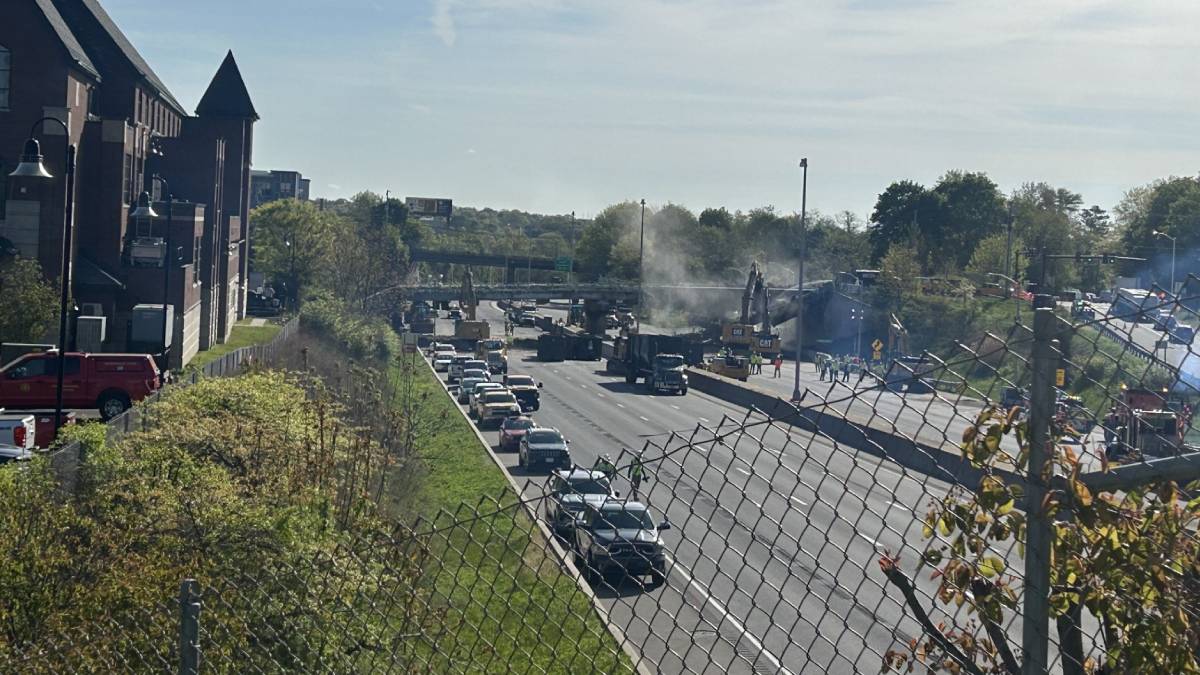It is one of the most important and meaningful decisions a family can make - what to do with our remains when we die.
There is a bill being discussed in the legislature right now that would give people an option they don’t currently have - natural organic reduction.
Natural organic reduction is an alternative to traditional burial or a cremation. It is also known as terramation. It’s a more organic way of treating a body after death.
House Bill 5246 is an act allowing for the disposal of dead human bodies through natural organic reduction. It would give people the option of turning their bodies into soil, without the use of chemicals or embalming.
Get Connecticut local news, weather forecasts and entertainment stories to your inbox. Sign up for NBC Connecticut newsletters.
Speaking Monday at the Environment Committee Meeting, Former Connecticut funeral director president Nicole Paquette supported the process.
“The process includes placement of un-embalmed, remains in a vessel with organic matter to speed the decomposition process,” Paquette said.
Currently, this process is legal in six states: Washington, Colorado, Oregon, Vermont, California and New York.
Local
Representative Amy Morrin introduced the bill. She says people are moving away from traditional burials.
“Since 2015 cremation has become the most popular disposal process in our country,” Morrin Bello said during Wednesday’s Public Health Committee public hearing.
During her testimony, Bello said cremation has environmental concerns because of the energy it requires and carbon monoxide it produces.
“Cremating a single body typically takes up to three hours and releases more than 500 pounds of carbon dioxide into the atmosphere,” Bello said.
During Wednesday’s meeting, testimony was heard supporting and opposing the bill.
“Let’s call it what it is, human composting. It is not natural. It is not gentle,” said Stephen Mendelsohn, voicing opposition.
The Catholic church also appears to oppose the concept. The following statement was provided by Christopher Healy, executive director of the Catholic Conference.
“Catholic teachings provide for interment or cremation, and we believe this provides the proper embrace of God's love that families expect of the departed. It is important that those rights are protected. We are always ready to defend and protect any infringement on those rights.”



